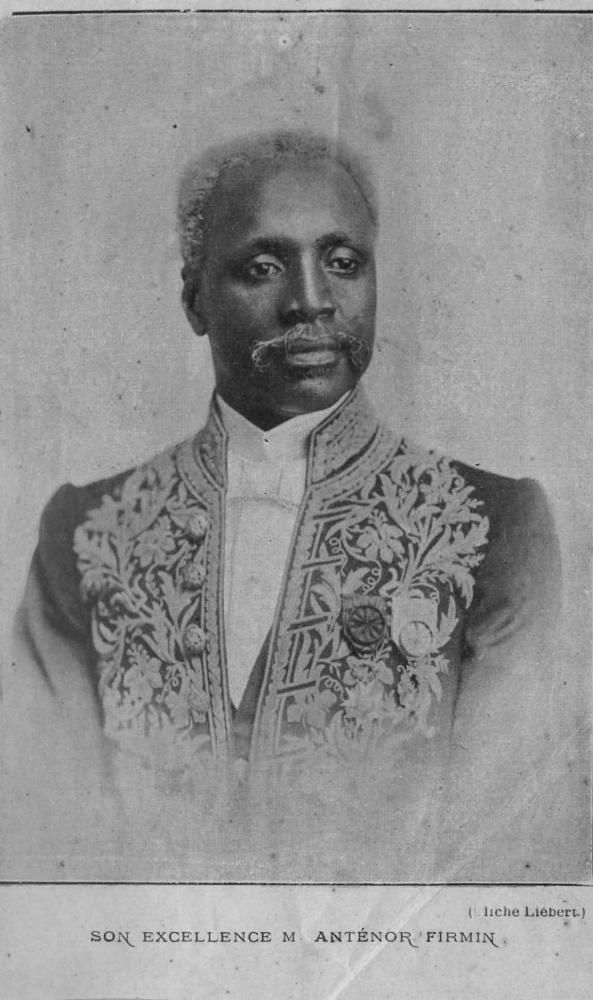In his book Hegel’s Theory of the Modern State, Shlomo Avineri writes that Hegel’s political theory “is perhaps best expressed by Hegel’s ambiguous attitude to civil society: on one hand, it is the major achievement of the modern world; on the other, woe to that society of men that allows the forces of civil society to rule unimpeded.”1 This duality in Hegel’s attitude towards civil society reflects what Warren Breckman calls the “dual meaning of the German term bürgerliche Gesellschaft,” which Hegel exploited to “describe civil society as both the ‘bourgeois’ sphere of market relations and the ‘civic’ sphere of institutionalized individual and communal rights.”2 The bourgeois sphere of market relations must be checked by the state; otherwise, unregulated capitalism unleashes a “spectacle of extravagance and misery,” as Hegel already perceived in the Philosophy of Right (§185).3 On the other hand, the creativity and freedom of the civic sphere flourish under conditions of autonomy from the state.
Between these two extremes, what should the relationship between civil society and the state look like? Hegel’s account is still one of the richest explorations of this problematic. In this essay, I articulate Hegel’s account of the relationship between civil society and the state with reference to Marx’s subsequent critique thereof. I argue that Hegel outlines a logically coherent account of how the state emerges necessarily and organically from civil society. Marx proceeds to misrepresent Hegel’s account on at least two counts: its method and its politics. However, I argue that Marx is ultimately correct to criticize Hegel for his anti-democratic tendencies, which I think blind Hegel to the political import of his analysis.
To support this argument, I structure this paper in three sections. In the first section, I examine Hegel’s account of the relationship between the state and civil society in the Philosophy of Right. I focus on how the institutions and practices of civil society form from the “system of needs” around which civil society revolves. In the second section, I turn to Marx’s criticism of Hegel’s account, as found in Marx’s Critique of Hegel’s Doctrine of the State. I consider and reject Marx’s objections to Hegel’s method and politics. In the third section, I turn to Marx’s critique that Hegel is essentially anti-democratic. I return to Hegel’s account of how the political state forms to explain in what sense this objection holds.
Continue reading “The Relationship Between Civil Society and the State Between Hegel and Marx”